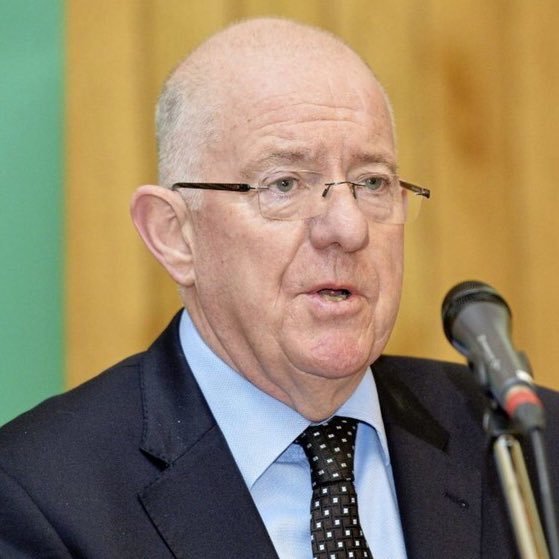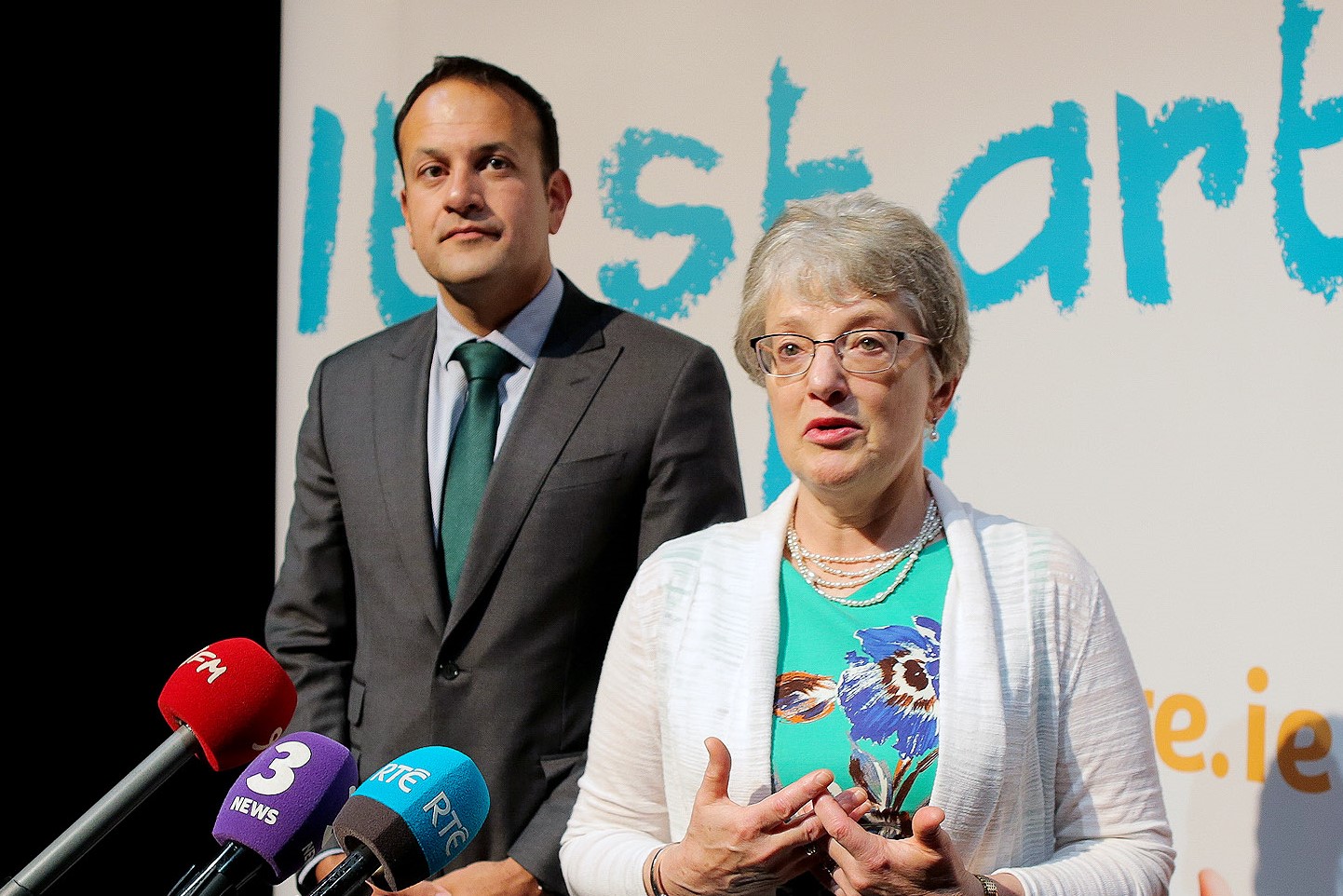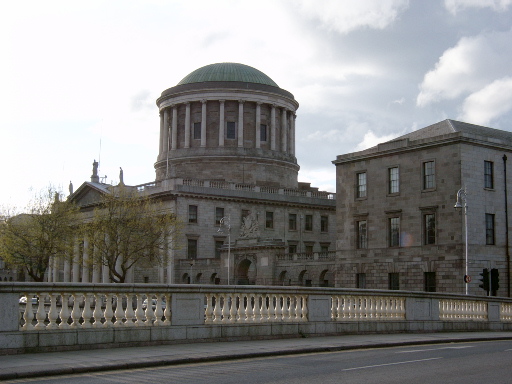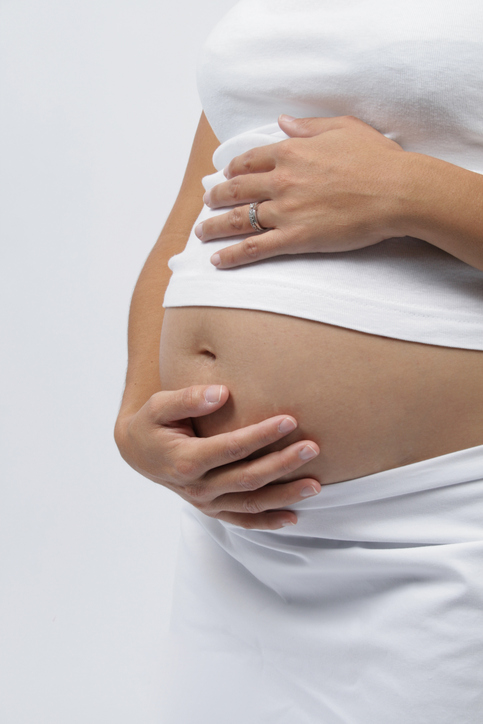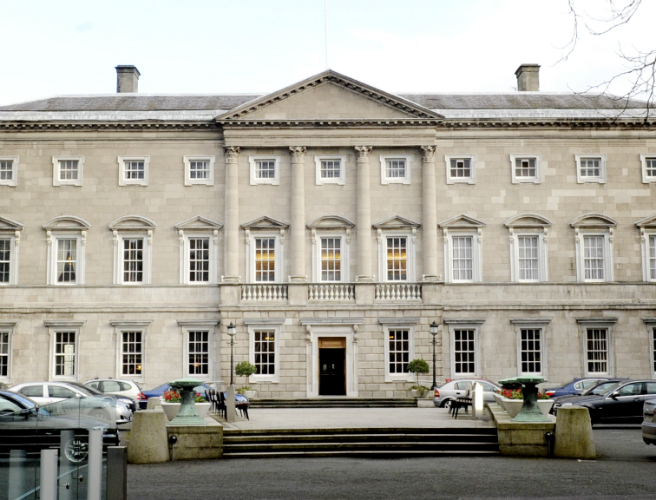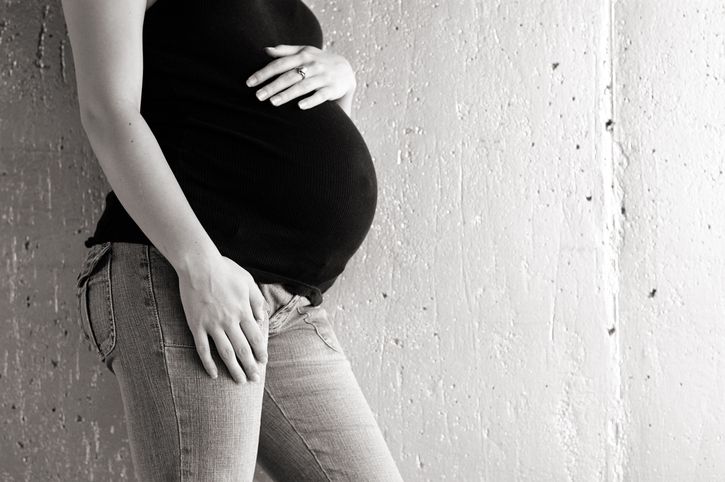The Minister for Employment Affairs and Social Protection, Regina Doherty, believes the Government’s proposals to repeal the Eighth Amendment and legislate for an extreme abortion regime could fail, unless a lot more work is done to convince the people to pass it. She spoke after a duo of polls showed support for repeal dropping, and the public evenly divided on legislation for unrestricted abortion up to 12 weeks.
Speaking to RTÉ News, Ms Doherty said “Standing right now, if nobody does anything, I don’t think this referendum will pass”. She added: “We need to sell, as advocates of people who want to see the Constitution changed and the 12-weeks imposed, that needs to be sold to people and the reasons why that 12-weeks figure was come at. That needs to be explained clearly to people with reasons and evidence, so there is a job of work to be done”.
The polls published today in the Sunday Independent and Sunday Times both show a drop in support for the Government’s proposal to introduce abortion on wide-ranging grounds. 48% of respondents to the Sunday Independent poll support allowing unrestricted abortion up to 12 weeks, 33% says it goes too far and a further 19% are undecided. The Sunday Times poll shows a broadly similar result. 43% of respondents support the Government’s proposal with 35% opposed to abortion up to three months and a further 22% undecided.
Commenting on the two polls, Pro Life Campaign spokesperson, Dr Ruth Cullen said: “Obviously I welcome the shift in support in a pro-life direction indicated in the two latest polls. As more and more people come to realise what repeal of the Eighth Amendment would lead to in practice, I’m confident the polls will continue to move in the same direction.
“No matter how it’s packaged or presented, repeal of the Eighth Amendment would strip unborn babies of all meaningful protections and lead to abortion on demand similar to countries like England where 1 in 5 pregnancies now end in abortion.
“The point we have been making that there’s no such thing as limited abortion is starting to resonate with voters. This is not surprising as the evidence from other countries on this point is so strong.
“It makes no sense talking about doing away with all constitutional protections for unborn babies through repeal and in the same breath arguing that meaningful protections for the right to life could somehow be provided for in legislation. The vote on repeal is about whether we introduce abortion on demand or not. It is about nothing else.”

